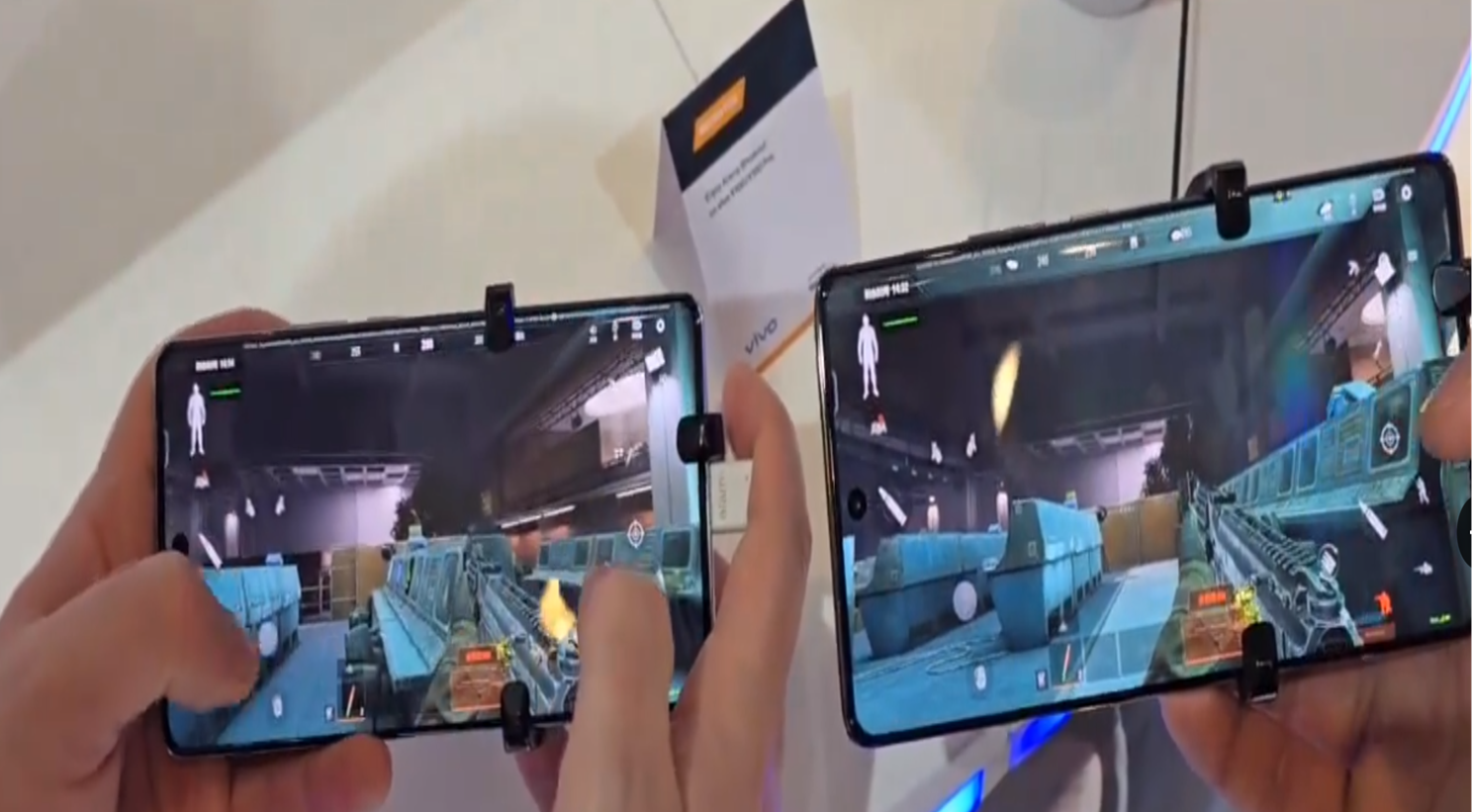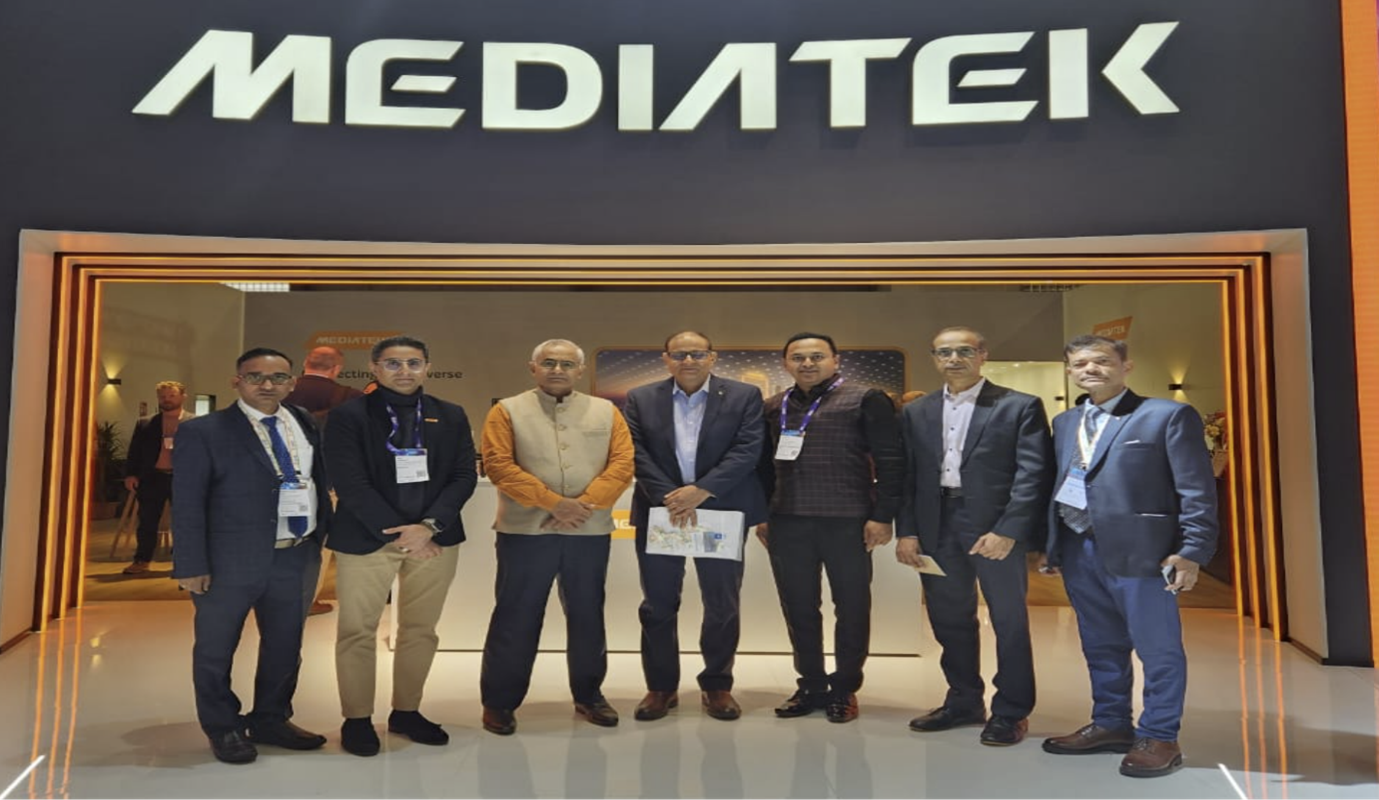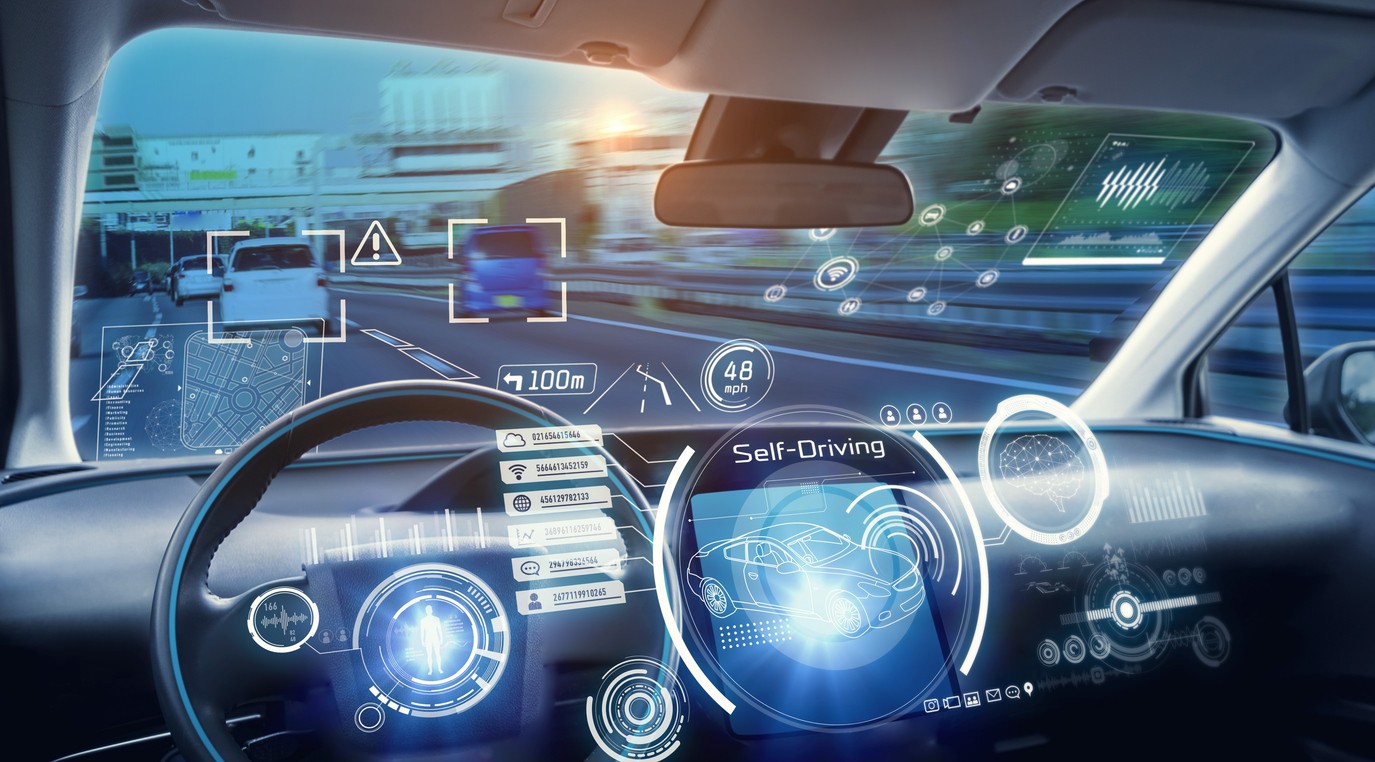Comments
- No comments found

As the 5G revolution continues to deliver new, cutting-edge solutions and use cases, it’s no surprise.
The fusion of next-gen Edge AI and advanced service orchestration will deliver a ‘quantum leap’ in 5G connectivity and efficiency.
MediaTek 's innovative Deep Learning Accelerator (MDLA) is a game-changing factor in all of the above: it’s a massive boost to AI performance at the edge, including an impressive 27x increase in power efficiency over standard CPUs. A breakthrough shift in Edge AI which minimizes the need for cloud processing - this also embodies a commitment to power efficiency and environmental sustainability too. Shared value personified!
So, with MWC Barcelona 2024 reflections still front of mind, including some six keynote sessions within the opening ceremony centred on the responsible development of AI, let’s take a closer look at the shared valued innovation represented by MDLA!

On Mobile - Enhanced
When it comes to AI at the edge, performance matters: get more done on the device, and there’s less to send ‘back and forth’ to the cloud. And that’s where MediaTek’s Deep Learning Accelerator (MDLA) delivers a simply remarkable performance boost compared to a standard CPU!
And this all building on the company’s depth of experience and industry leadership in the development of high performance and power-efficient system on-chip products, with on device Generative AI affording benefits right across security, privacy, reliability and sustainability vis a vis cloud computing. Additionally, the empowerment of lower latency and offline functionality that is enabled by on-device AI also fosters democratisation of access to those in areas with limited connectivity. Fantastic to see!
MDLA is a key component of MediaTek's AI Processing Unit (APU) which features hardware-based multicore schedulers, dedicated Direct Memory Access (DMA) engines, and power intelligence features. It’s also worth noting that MDLA is specifically designed to handle neural network types such as Convolutional Neural Networks and Recurrent Neural Networks.
MediaTek's NeuroPilot Software Development Kit (SDK) supports popular AI frameworks including TensorFlow, Caffe, ONNX, and transformers, enabling developers to efficiently optimize their AI applications, right on the device – at the edge. The SDK also facilitates platform-aware optimization, directing AI tasks to the most suitable processing unit within the chip for improved performance and reduced power consumption too.
It’s also interesting to see how MediaTek's 7th Generation APU architecture demonstrates significant advancements in smartphone performance AI capabilities year-on-year, outpacing progress in CPUs and GPUs. A particular highlight personally is the 7th generation APU 790 AI processor for hardware-accelerated GenAI chores which alongside a plethora of performance gains - especially in the area of transformer-based generative AI – can also reduce power consumption by 45%.

MediaTek welcomes Neeraj Mittal IAS
Helping to unlock a new realm of on-device AI capabilities for smartphones, a key collaboration between Google Gemini and MediaTek was announced at MWC24 Barcelona, the world’s leading global connectivity event with over 101, 000 in person attendees. I believe this partnership marks a notable move forwards with benefits for users and developers alike! For consumers, advances will include features such as image creation and text generation run directly from your own smartphone, enhancing both performance and privacy – and for developers, the benefits will include simplified integration of AI features, including the upcoming release of an APK designed specifically for the Dimensity 9300 & 8300. I look forward to seeing what both developers and the user community build and create!
Improved performance is not just about raw power. There is another implication: improved chip capabilities mean greater efficiency, and in particular power efficiency. Consider applications that rely on millions of devices in a network. MediaTek's emphasis on efficient chip design means reduced energy consumption across those millions of devices, leading to massive cost savings. And this in turn, creates a ripple effect impact of positive change!
In aggregate, by lowering energy consumption in their chip designs, MediaTek plays an important role in environmental sustainability for a ‘liveable climate’ by reducing greenhouse gas emissions. There’s a practical aspect too as energy-efficient chip designs mean devices like Chromebooks consume significantly less power compared to alternatives. Again – one device might not make all the difference - but savings at scale absolutely can!
For 5G networks, optimal service orchestration and assurance enables enhanced service quality and streamlined operations, addressing challenges such as reducing length of time-to-market and the level of operational costs, right through to eliminating errors from manual processes. As with so many other applications, AI can ‘deliver the goods’ by driving computational prowess, but the challenge is that much of the orchestration must happen in real time. Relying on centralised AI computing power doesn’t always work.
By making AI capabilities available on the edge, as MediaTek does with MDLA, it enables Mobile Network Operators (MNOs) to improve 5G service orchestration through edge real-time decision-making that happens with minimal latency as the processing and analysis of data occurs closer to its source.
This enhances the ability to manage and orchestrate complex 5G networks efficiently, supports the delivery of customized services with high reliability and low latency, and facilitates the deployment of innovative applications and services at the edge of the network. With global 5G connections projected to grow significantly to 5.5 Billion by 2030 according to the latest research by GSMA Intelligence, there are undoubtedly challenges ahead that require new architectures to manage networks at scale.
Key areas for Machine Learning / Artificial Intelligence deployment within 5G include infrastructure lifecycle management, automating application and infrastructure dependencies, and optimizing network elements such as Radio Access Networks (RANs). Edge AI is at the core of delivering these critical integrations.

Driving Change! Just one of the many use cases being advanced at the Edge!
Network slicing is the creation of distinct classes of network services tailored to meet the specific needs of different users and applications. Predictive analytics powered by AI models allows network operators to forecast and adapt to the demands of various applications more intelligently than ever before.
To achieve this, service providers analyze metadata from various applications to assess how they perform under different network conditions. It is analysis that is simply just better performed when executed right on the 5G infrastructure – on the edge – with AI models doing their magic at the network's edge.
Edge AI facilitates immediate access to predictive insights regarding the quality of service (QoS) requirements of different applications. Consequently, applications can be efficiently classified into appropriate network slices, ensuring they receive the necessary network resources and support.
What’s more, Edge AI can help identify conditions that may lead to service disruptions or spikes in user demand. This foresight helps the network autonomously take preventive measures to avert potential outages or dynamically allocate additional resources to handle increased traffic loads.
The synergy between 5G and AI technologies at the digital edge is underscored as critical for maximizing the benefits of these advanced capabilities, enhancing the overall efficiency, reliability and sustainability of network services. And with 5G connections poised to represent over half (51%) of mobile connections by 2029 (GSMA Intelligence), I believe this is equally critical to empower the capacity and ‘growth-ability’ of network services too.
A highly experienced chief technology officer, professor in advanced technologies, and a global strategic advisor on digital transformation, Sally Eaves specialises in the application of emergent technologies, notably AI, 5G, cloud, security, and IoT disciplines, for business and IT transformation, alongside social impact at scale, especially from sustainability and DEI perspectives.
An international keynote speaker and author, Sally was an inaugural recipient of the Frontier Technology and Social Impact award, presented at the United Nations, and has been described as the "torchbearer for ethical tech", founding Aspirational Futures to enhance inclusion, diversity, and belonging in the technology space and beyond. Sally is also the chair for the Global Cyber Trust at GFCYBER.
Dr. Sally Eaves is a highly experienced Chief Technology Officer, Professor in Advanced Technologies and a Global Strategic Advisor on Digital Transformation specialising in the application of emergent technologies, notably AI, FinTech, Blockchain & 5G disciplines, for business transformation and social impact at scale. An international Keynote Speaker and Author, Sally was an inaugural recipient of the Frontier Technology and Social Impact award, presented at the United Nations in 2018 and has been described as the ‘torchbearer for ethical tech’ founding Aspirational Futures to enhance inclusion, diversity and belonging in the technology space and beyond.
Leave your comments
Post comment as a guest